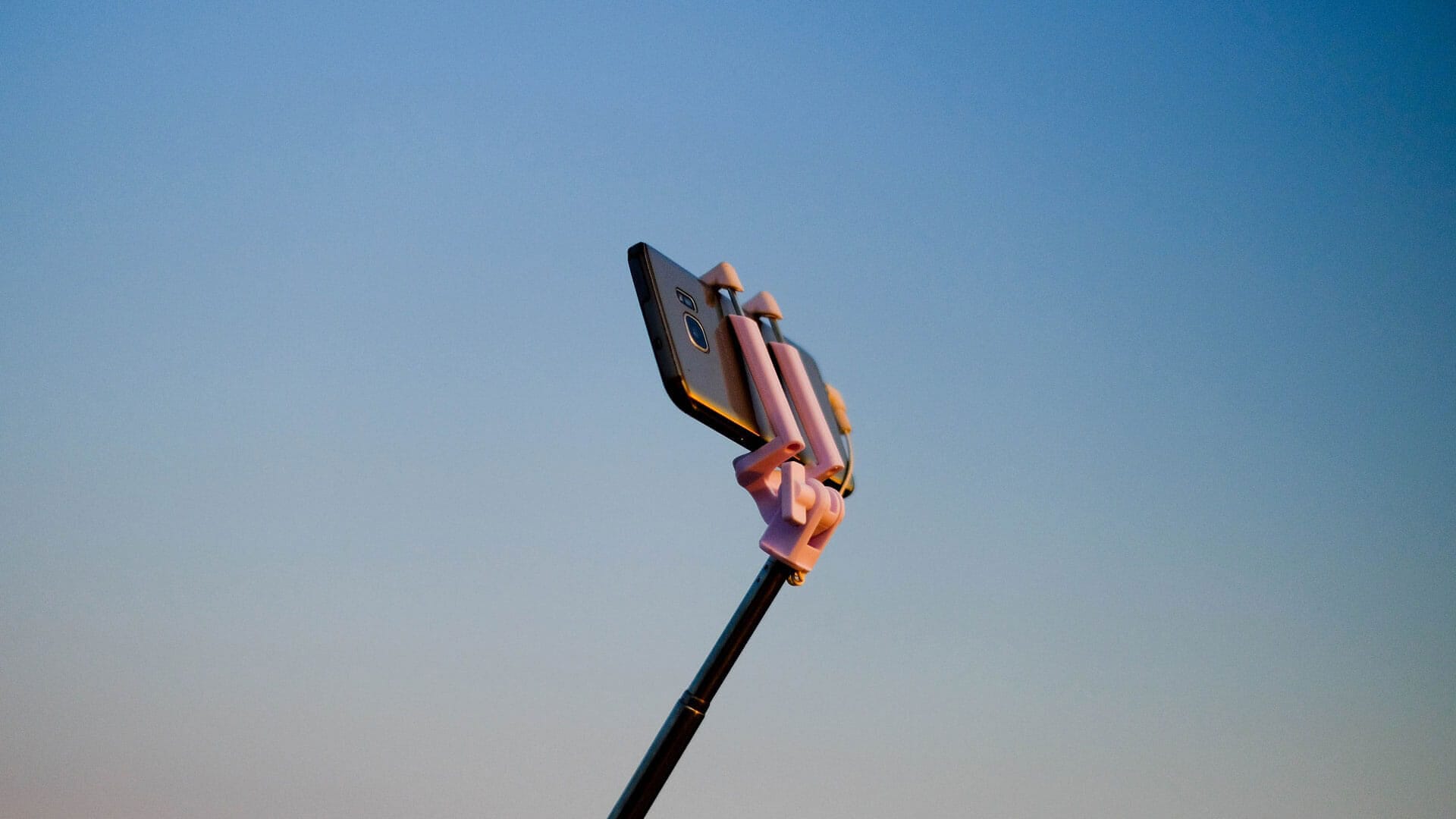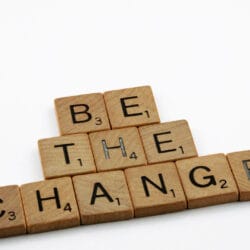When we want to make a difference too often we think it is about making…
We often think it is our own free will that decides what we buy or follow, yet we underestimate the power social media (and its connected subliminal advertising, influencers and vicarious living) has on us.
Even as we’ve become more astute to the more obvious advertising techniques that suck us into social media, with so much noise and social media influence out there we still aren’t as in control of our own choices as we might think.
We know how Google’s visual tactics and ads work, and that organic rankings tend to appear after the first couple of ads. On social media, most of us know by now that these platforms are designed to keep us on board, yet we still ‘like’ posts and comments, and get that ‘kick’ of dopamine when someone likes one of our own.
And even if we can hold restraint to that, we vastly underestimate the emotional pulls advertisers use on us on a daily basis.
Why Social Media Still Influences Us


We have moved through the stages where we, the consumer, were sold products. We are now the product itself.
In earlier times, social media sites would try and keep us fixated on engaging in conversations so we would see more adverts, now they read our like, comment, and communication habits and history to gauge exactly what to advertise to us.
Yet, it’s not the direct adverts that work on most people these days, it’s the suggested content itself that becomes the magnet.
Why do the algorithms care so much about what content we are clicking on or linking?
It builds up a picture of our personality, and it does so in order to read into our emotional triggers to then keep us hooked.
We may be familiar with the little touches such as ‘typing’ that makes us want to stick around and see the reply, and feel wanted.
We may even know that they are using these tools to keep us fixated and wanting more, so why do so many people find it so hard to leave social media sites?
Enter Avocados. What Does They Have To Do With It?
The answer is in ‘avocados’.
Well, not specifically avocados, but in any product, service, app or trend that can be used against people’s emotional moral compass.
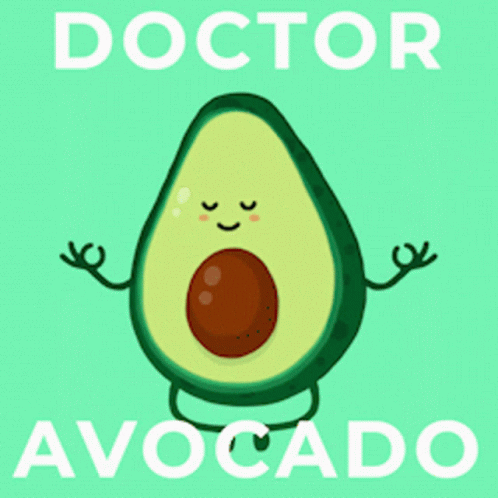

It’s the same reason why civil rights movements spread so quickly via social media. It plays on our heart strings and makes us feel obligated to say or join something.
While in movements that dopamine rush is gained through joining the bandwagon, we might not see how it works in other ways.
So, back to avocados. A fruit that was once considered unhealthy and too fattening. Yes, you heard it right.
Social media is all about the popular vote (well it is ‘social’ after all), and as such we don’t seem to merit articles based on their intrinsic value or quality.
As a ‘social’ platform, in its very nature it supports ‘sharing’ which leads to trends, whether true or not.
What we see happening today is health trends become a focus of what people ‘should’ follow in today’s health-influenced society, so we see waves and waves of posts (and suggested posts) filter through towards trying to influence the user to engage and buy into the notion of being healthy-minded.
Avocados become buzzwords, not just because they are now big money, but because it plays well on a health-led society.
This isn’t just for ‘green’, healthy subjects though, it works on any topic.
If the algorithms have sensed you are keen to make money or support a particular identity group then it will play on your emotions, such as your need to make money or following of a particular movement.
Why Does This Affect Me So Much?
It might not seem like a big deal at first. It’s just business right?
Well, it is, yet it’s also leading people into being influenced without realising they are, and leading, what people think are free choices, to just become ingrained responses towards a particular rhetoric.
What people think is their own free choice can actually be ingrained from an inner-need to ‘feel’ like they are making good, healthy decisions even when they might not be in reality.
So, they would back avocados to the hilt, which only amplifies the demand for them, and the profits for these ‘health’ businesses.
When we look beyond this, when someone becomes so ingrained to follow a particular model of thinking, then their apparent ‘likes’ and ‘personality tendencies’ are tracked.
At first, it might have been a simple query, but with patterns being built and AI reading more about you as you ‘like’ or ‘share’ or simply browse, then it’s not long until you are effectively profiled and targeted.


It’s bad enough knowing that generations today are addicted to their phones as users, but it’s worse when you know it is not even of their own free will, and that they think it is.
You are there thinking you are doing something out of choice and then you are ‘recommended’ more content that is primed simply to suck you in more. The more you then read the more profiling the social media platforms can do, and the more advertisers know about your suggestibility.
How Deep Does Social Media Influence Run?
Humans have always been easily-influenced due to our hard-wired nature to survive easier in groups. We are social animals and this is why social media is so powerful today.
Social media platforms know they can give people a sense of belonging whilst using people’s data and emotions against them to keep them latched in.
The long-term psychological effects of this aren’t even known yet, as people walk around addicted to their phone screens day-by-day, and we currently accept this as normal in society, but we can already see a rise in depression, obesity and isolation levels since social media’s adoption.
When we live in a world that goes to social media first to make buying (and even life) decisions then we need to be more aware of the underlying influence within our ‘choices’.
It’s far too easy to end up buying into this trend, product, or even movement, and becoming ‘zombified’ to it without actually really thinking about whether you truly even want or need it.
We would like to think that we are simply consciously recommending products or services to others to buy, by social proof, yet we usually don’t even remember how we became influenced to something in the first place.
Either that or we saw something being touted as ‘must have’, ‘stylish’ or ‘healthy-minded’ by an influencer who is effectively paid to say so.
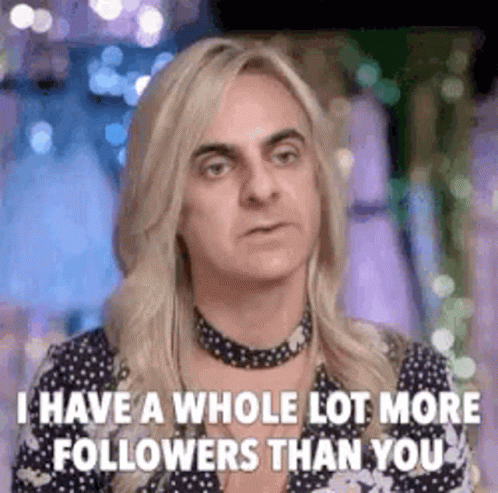

Social media can lead people to an unhealthy ‘vicarious living’ or ‘influencer’ obsession.
We may either want what someone else has got and instead of trying to work towards it ourselves we find it easier to seek the instant gratification of experiencing it through them instead (which only gives rise to more influencers who people then idolize).
Or on the flip side, we try to sell simply what is popular and trending at the time whether or not it is actually good for us, in an attempt to become an influencer ourselves.
The problem here is social media can fast lead towards a desperate need of attention through fake news and false promises.
How many times have you seen the same websites or adverts promising wealth, health and anything in between that sells well?!
People end up buying programs to ‘make money online’ or ‘travel the world’ only to be disappointed that it didn’t actually sort out their life for them.
Social media brings about an impatient instant gratification world where we expect a program to be a fix-it-all, rather than just an insightful bit of content, a piece of our complex jigsaw that is life.
If it doesn’t fix our whole life in a tidbit read or quick video then we become disillusioned and move on in search of that gold somewhere at the end of the rainbow (forgetting the internet is endless).
This just fosters into the need to seek more, that something’s missing.
Another issue is the sheer amount of bloat on the internet today, amplified by what is spread in desperate attempts to gain attention through social media.
Theres those who simply want to sell, not for adding value, but rather to pick on a trend that has no real substance underneath.
While there is a lot of perceived value on the internet, it’s mixed in with a whole load of distracting noise, so it becomes harder and harder for people to decipher between the good and the not so good, the real news and the fake news.
In the ‘popularity era’ of today people end up trusting a high-followed individual who often have little competence or expertise, but who are just good entertainers, who end up spreading trends without any valid knowledge. Welcome more fake news.
Then you have the followers who subscribe to these ‘influencers’ without really knowing anything about them for real. Having likely have never met them, suddenly their opinion counts more than a good friend or our own intuition, which only amplifies the potential for vicarious living.
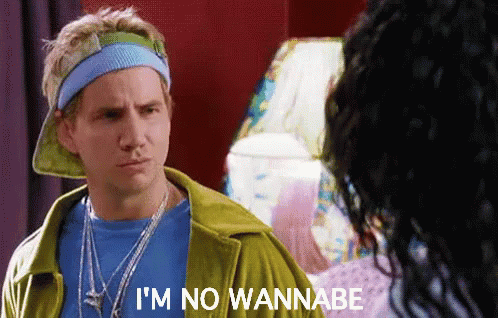

Social media thus lends itself to subtle emotional advertising well – simply because it leads towards vicarious living where people tend not to really think about the value something could truly add to their lives.
Instead, they read what’s popular to fit in, then get suggested the same, and they then recommend the same (in their quest to also become a trend-setting influencer) and the trending pyramid continues, until the next fad promoted by the influencer at the top of the chain.
The point is, this doesn’t lead to open choice. It can even stifle your potential, your creativity.
A person’s own intuition, tastes and original creative ideas are somewhat buried within, as they think they are surfing around making informed choices, yet they end up falling right into what ‘sells’ or what is ‘trending’.
Then advertisers are primed and ready to capitalise as ever on the users emotional frailties. There’s no coincidence about it.
So How Do We Change This?
It would be easy to say, ‘just stop making choices based on social media posts and influencers’.
Yet so many are already heavily ingrained and drawn in – just like how people can’t put their phone down away from social media (as they need the dopamine hit to validate themselves).
Ironically, for all the choice in the world today, some have become less free to make their own choices.
So, what can we do now to change our social media ingrained ways?
Minimizing screen time really is one key to unlocking your own mind and unique thoughts again, which then helps give you more time away from potential influence or vicarious living opportunities, and then puts you into a position to make a choice without the social influence around you.
[hfe_template id=’7559′]
Of course, learning to truly change your social media habits goes a lot deeper, so Richly’s 5-Day Social Media Detox Challenge can help you do this, but there is one quick exercise that you can try now to start the reversal, and get your life back in your hands.
Useful Exercise:
For this exercise look around your room for one object you could decide to get rid of. One where social media or advertisers can't get to you. Think about it hard, about the value that object has given you, or whether it would be best served to be given to someone else to add value to them. Who would benefit from it more?
This simple exercise will start making you appreciate what you have, and will lead towards a real connection with someone else you care about. It will take you away from the screen yet provoke your emotions without algorithms or influencers playing on or manipulating them (to make you think you need more to be happy or content).
Being healthy-minded in choice isn’t about a vicarious living perception to fit into an identity group, but about considering the real value something actually brings us.
That will always ensure the choice truly is in your own hands.
Good luck!

